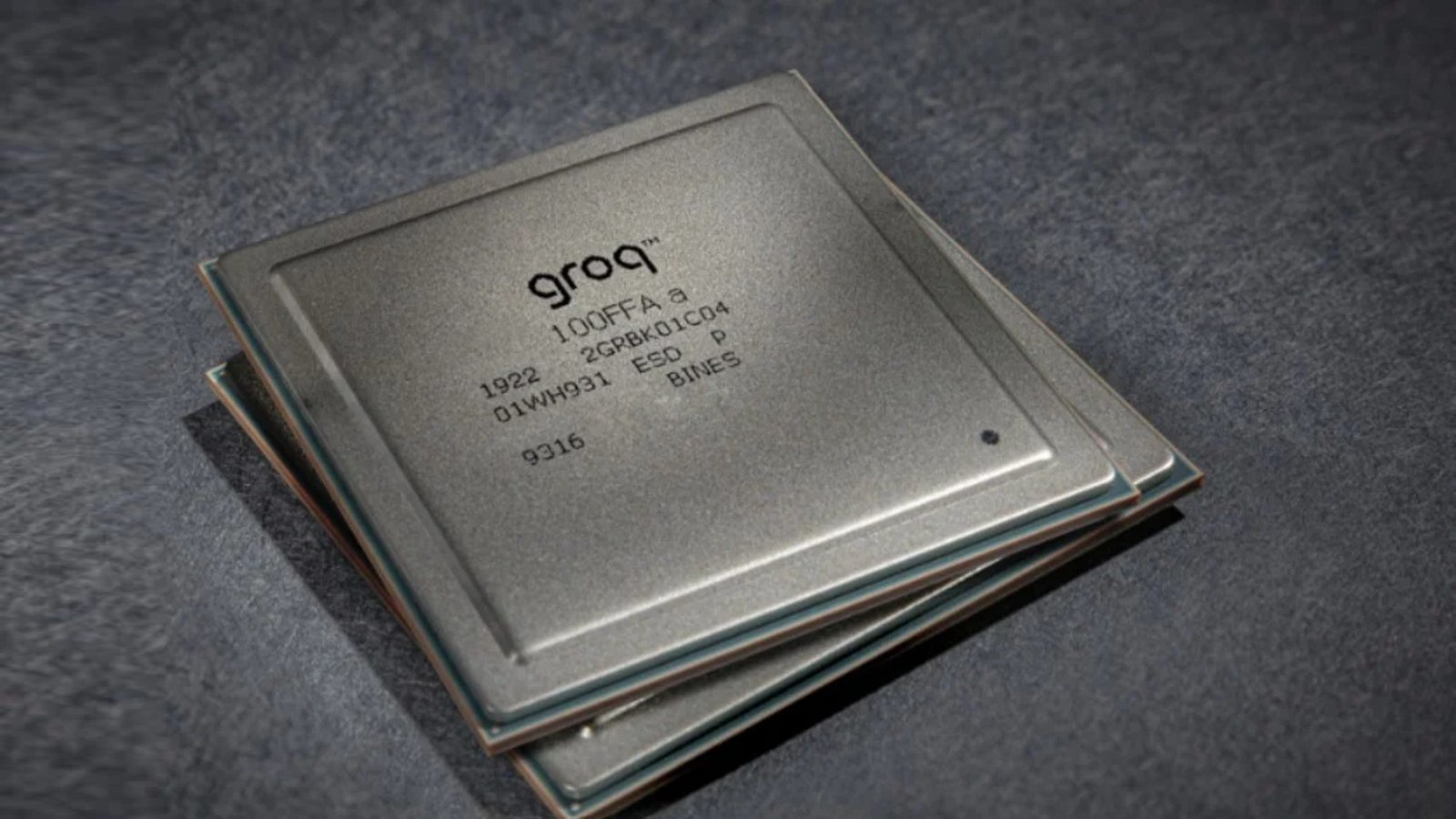
In a significant stride towards reshaping the landscape of Artificial Intelligence (AI) technology, Groq, an innovative AI chip startup, is making headlines with its groundbreaking advancements, challenging the dominance of established players like Nvidia. The company’s recent achievements underscore a pivotal shift in the AI semiconductor industry, with implications that extend across technology sectors.
Key Highlights:
Detailed Insights:
Groq’s endeavor to carve a niche in the AI chip market is characterized by its bold approach to challenging Nvidia’s supremacy. The company’s strategy involves adapting Meta’s LLaMA model to run efficiently on its chips, a move aimed at diversifying AI model support and reducing dependency on Nvidia’s ecosystem. This initiative is part of a broader industry trend where companies are actively seeking alternatives to Nvidia’s chips, spurred by the growing demand for AI capabilities.
One of the standout achievements of Groq is its benchmark performance, where it linked together 576 of its chips to outperform Nvidia’s setup in terms of speed and cost-efficiency. This demonstration not only showcases Groq’s technical prowess but also its potential to offer competitive alternatives in the AI chip market.
Groq’s silicon architecture is another area where the company distinguishes itself. By adopting a software-first approach, Groq ensures its chips offer flexibility in AI model support, are future-proof, and provide detailed insights into compiling demands. This architectural innovation enables Groq’s chips to adapt to evolving AI models without necessitating hardware changes, a significant advantage in the rapidly advancing field of AI.
However, it’s important to note that Groq’s current offerings, particularly the Language Processing Units (LPUs), are optimized for inference tasks. For training AI models, the reliance on traditional GPUs, like those offered by Nvidia, remains. This limitation highlights the specialized nature of Groq’s technology and underscores the broader challenge of achieving a comprehensive solution that encompasses both inference and training phases.
A pivotal development for Groq is its partnership with Samsung for the production of 4nm AI chips at Samsung’s new semiconductor factory in Austin, Texas. This collaboration not only secures Groq a cutting-edge manufacturing capability but also signifies the company’s commitment to leading the next wave of AI innovations. The partnership with Samsung, a global leader in semiconductor technology, is a strategic move that positions Groq favorably in the competitive AI market.
Conclusion:
Groq’s advancements in AI chip technology represent a significant leap forward, challenging the status quo and introducing new dynamics into the semiconductor industry. While the company’s focus on inference tasks delineates its current niche, the broader implications of its innovations suggest a reshaping of the AI landscape. The partnership with Samsung for producing advanced AI chips underscores Groq’s ambitious vision and its potential to catalyze transformative changes in AI technology. As the industry continues to evolve, Groq’s trajectory will undoubtedly be a key area to watch, offering insights into the future of AI applications and semiconductor technology.